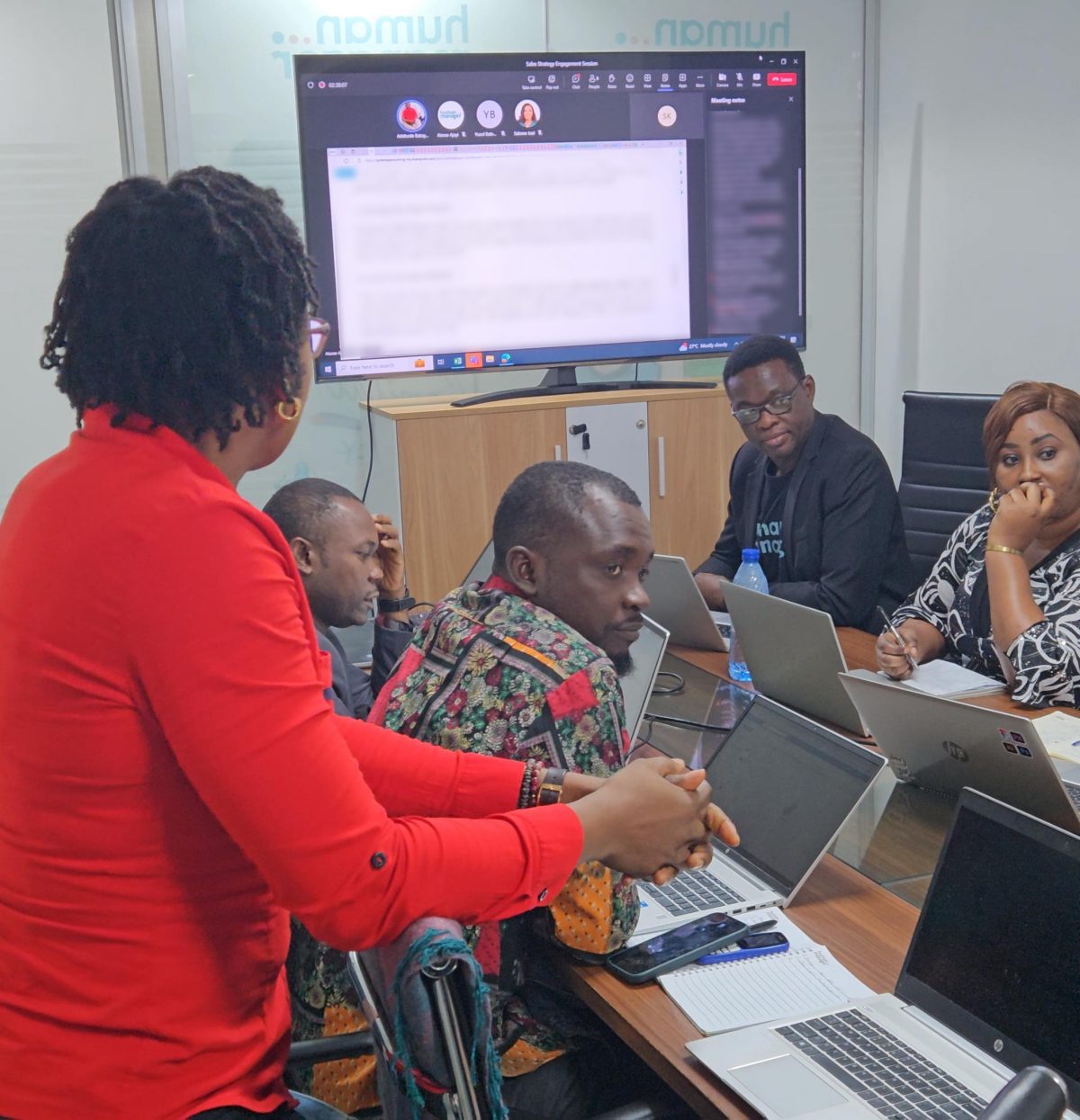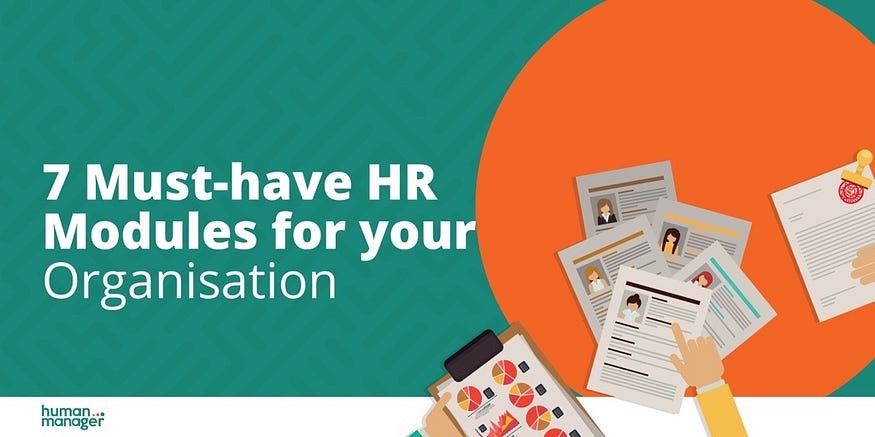By Tijesuni Olajide
Rolling out HR and payroll solutions across Nigeria, Ghana, Benin, Ivory Coast, Liberia, Rwanda, and beyond has taught us one thing: “Perfect systems alone don’t drive success. Real success comes when systems are built around people.”
Payroll is beyond moving money from A to B. It’s the teacher in Monrovia who needs medication for her daughter, the accountant in Kigali planning his wedding, and the factory worker in Accra whose rent is due on Thursday.
Behind every payslip is a life depending on payroll to be accurate, timely, and secure. That’s why HumanManager combines over 3 decades of payroll expertise with multi-layered compliance checks to ensure salaries, pensions, and taxes are processed without error – because when payroll works, people thrive.
Read on to find out what more we discovered along the way.
1. Never Rely on a Single Payment Channel
The Problem
Banking infrastructure in emerging markets experience regular headaches like policy changes, network or security glitches without warning. In Liberia, a recent audit uncovered massive fraud in the mobile-payroll system. The government’s response? Halt all mobile-money salary payments. Relying on one rail means payroll is one glitch away from chaos. When delays hit, HR takes the heat.
Our Fix
We designed payroll with always-on reliability. Instead of depending on banks, we integrated wallet systems like Pouchii (by SystemSpecs Technology) and connected to trusted gateways such as like Remita and eTranzact.
This multi-channel setup means payments can be routed seamlessly through different banks, minimizing fees and ensuring business continuity. If a payment fails, HR generates payment status and it can be retried without missing a beat.
Results
With multiple payment channels in play, payroll to payment disruptions are almost non-existent. Clients who often lose 2–3 working days monthly to payment failures now enjoy 99% smooth, on-time payroll runs.
Lesson Learned
Backup payment options isn’t a bonus, it’s baseline. When one channel fails, another steps in seamlessly. That’s the difference between a smooth payday and a workday full of complaints.
2. Automate Compliance or Drown in Paperwork
The Problem
For many SMEs and growing businesses, keeping up with West Africa’s fast-changing statutory regulations feels like a losing battle. Manual updates create room for errors, missed deadlines, and costly penalties. HR teams spend hours chasing employee records while outdated tax tables expose organisations to audit risks. In Nigeria particularly, the New Tax Act 2025 with its potential adjustments, staying compliant isn’t just hard work; it’s high stakes.
Our Fix
- Dedicated Compliance Team: We have experts who stay on top of regulatory changes across all markets, so you don’t have to. When changes happen, we update the system and notify our customers immediately.
- Digital Onboarding: Our system ensures that you fill the basic mandatory fields before processing payroll for new employees.
- Employee Self-Service Portal: Employees can update their personal data directly on the platform. This saves both the HR and employees’ time while keeping records up to date.
- Localised Payroll Rules: Custom settings for each country ensure compliance with local tax laws, pension requirements, and other statutory deductions
Results
Our customers experience significantly fewer compliance-related penalties compared to when they managed employees manually. The self-service portal also eases administrative burdens, freeing up valuable time for teams to focus on more strategic tasks.
Lesson Learned
Compliance isn’t optional; it’s integral to operations. Relying on annual audits to uncover errors is too late. Real-time updates and employee-driven data are essential to keeping payroll accurate, compliant, and penalty-free.
. Holidays & Leave Rules Will Surprise You
The Problem
Holiday and leave rules across Africa are anything but straightforward. Dates often shift each year or move when they fall on weekends. Leave entitlements also differ by country: some mandate 15+ days annually, while others require as few as 6.
Failing to track these variations can lead to labour law violations, underpayment of staff, or miscalculated final settlements. The consequences? Penalties, payroll errors, and unhappy employees.
The June 12th Challenge – On June 6, 2018, President Buhari declared that Nigeria’s Democracy Day would be celebrated as a national holiday every year on June 12 instead of May 29. This created immediate payroll questions: Do we pay holiday premiums for June 12th? What about employees who already requested May 29th off? How do we recalculate monthly salaries?
So, instead of hardcoding holidays as fixed annual events, we built flexibility into our system. This foresight paid off when the announcement came. Sure, there are standardized holiday dates, but we also provide the flexibility necessary for the more flexible work time outs.
Our Fix
- Dynamic Holiday Calendars: HR can update holidays in real time. When Nigeria changed Democracy Day, our customers updated payroll calendars instantly.
- Auto-Accrual Leave Policies: The system enforces country-specific auto-accrual leave policies, and therefore automatically blocks HR from approving leave that violates local labour laws.
- Premium Pay Calculations: Payroll adjusts for premium holiday pay or unused leave payouts where required by law.
Results
Since adopting dynamic holiday management, clients have seen improved holiday-related payroll accuracy, with HR teams saving hours on leave requests and holiday calculations.
Lesson Learned
Hardcode nothing about holidays or leave. Official calendars can change overnight; hence, flexibility is non-negotiable. By treating holidays and leave as editable data, not fixed rules, you prevent costly errors.
4. Cloud Tech is the Real Deal
The Problem
Too many companies still run payroll on spreadsheets or clunky software locked in an office server that doesn’t fly across borders. On-premises systems need local IT, manual updates, and guesswork when exchange rates shift. Add in unreliable internet, unstable power supply or limited support staff, and everything stalls. Business continuity fails when payroll depends on unstable infrastructure.
Our Fix
We built HumanManager as a secure cloud platform designed for speed, scale, and sanity:
- Instant Updates: New tax tables and holiday changes roll out immediately. No waiting on IT departments or manual installations.
- Multi-Currency Support: Seamlessly processes NGN, GHS, LRD, RWF, USD, and more while automatically updating exchange rates.
- API Integration: Sync payroll with attendance and accounting systems, so data flows instead of manual files transfer.
- Guided Onboarding: Every client gets a walkthrough with real examples from their specific country and industry.
Results
Cloud deployment fast tracks our clients’ payroll processing time. System updates that once took IT departments days now happen instantly across client accounts.
Lesson Learned
Slow tech creates fast headaches. Cloud-based systems are safer, faster, and keep everyone on the same page. If you’re still running payroll from a spreadsheet or outdated systems, you’re vulnerable to infrastructure failure.
5. Local Expertise Beats Fancy Software
The Problem
A slick software means nothing if it ignores context. Many payroll solutions fail when expanding because they treat every market the same. What works in Lagos won’t necessarily work in Accra or Kigali. In West Africa, explaining pay cycles businesses required plain language and building trust over time.
Our Fix
We went local:
- In-country HR Partners: Hired local HR professionals who understand nuances and cultural differences. These aren’t just customer support agents, but experts who get local business practices.
- Localised Training: Used country-specific examples in training sessions. Nigerian clients learn PAYE calculations with actual Nigerian tax brackets and vis-à-vis for other countries.
- Trust-Building Approach: Ran parallel pay runs for months to build confidence before clients switched systems completely. This parallel processing caught discrepancies early and demonstrated accuracy.
- 24/7 Local Support: Maintained local customer support teams who understand regional business hours, languages, and cultural context.
Results
Client onboarding was faster and support ticket volume decreased drastically. Most importantly, client retention improved year-on-year.
Lesson Learned
Payroll adoption in emerging markets is more about having the right support. As Akinjide Omojola, our Chief Innovation Officer, puts it: “You can’t succeed by flying in with generic features and buzzwords. You succeed by listening, adapting, and respecting how people work.”
Ready to Get Payroll Right?
At its core, payroll is the lifeline connecting businesses to their most valuable asset: people.
In emerging markets, where infrastructure shifts and rules change like sand, success depends on two things: building systems that adapt and remembering the human cost of failure.
The hardest lessons aren’t about fixing tech glitches or compliance gaps. They’re about earning trust – one accurate paycheck, one resolved issue, one local partnership at a time.
The best payroll systems don’t just calculate salaries. They anticipate problems, respect cultural nuances, and free people to focus on their work, not their wages. Because behind every transaction is someone counting on you to get it right.
See HumanManager in action. Book a demo or contact our sales team at [email protected] to learn how we can simplify your payroll across emerging markets.




